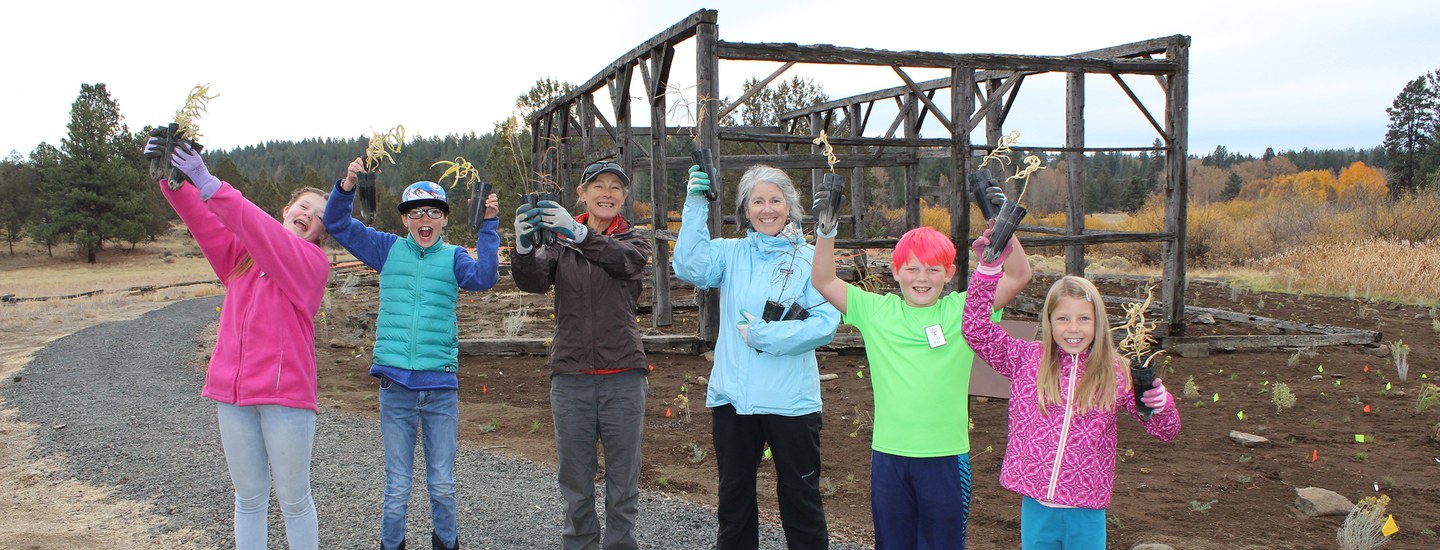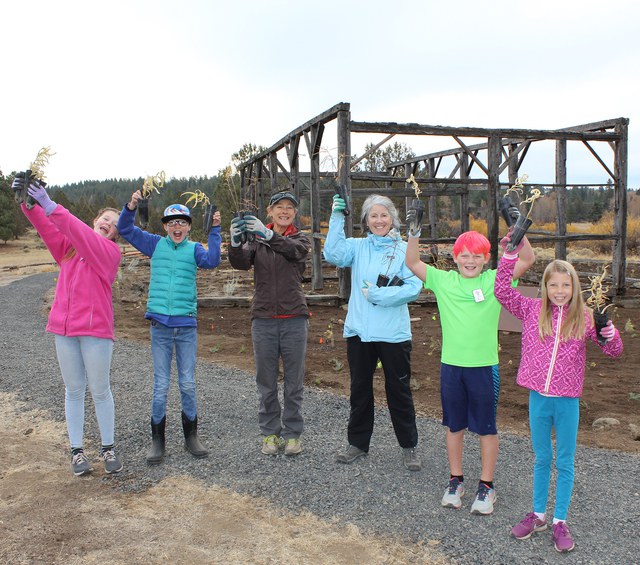Solving climate change requires contributions from every part of society, so it can feel difficult and overwhelming to make a difference on your own. Understanding the factors that have contributed to climate change in the first place is one of the most challenging—and most critical—aspects of taking meaningful action. Why? Because we must all understand our own place within these systems in order to pinpoint how we can act most effectively.
Though solving climate change is a complicated and daunting task, we all have an opportunity and an obligation to do our part. The following list offers ideas for how to reduce your carbon footprint and combat climate change with your wallet, your vote, and your personal conduct. Some of these actions are quick fixes, while others require a long-term commitment.
Highest Impact Actions
Generally speaking, this category of action requires understanding and acting on your power as a consumer and citizen. Sure, one person can’t make a huge difference in isolation, but we can encourage others to change their course when we collectively increase (or decrease) the demand for certain types of energy, goods, and policy actions.
- Donate to and volunteer with the Deschutes Land Trust! By supporting the Land Trust, you are supporting efforts to combat climate change locally by conserving and caring for the lands and waters of Central Oregon. Donate or get more involved today and then learn more about the Land Trust's Climate Change Commitment.
- Drive less, switch to an electric vehicle, and reduce airline travel. Transportation—including personal vehicles and aviation—accounts for roughly one-third of all greenhouse gas emissions in Oregon.
- Eat less meat, become vegetarian, or adopt an entirely plant-based diet. Agriculture accounts for roughly 10-12% of greenhouse gas emissions worldwide, and is the single largest producer of methane and nitrous oxide. Agriculture, and especially animal agriculture, also requires massive amounts of land that might otherwise store carbon as forests, wetlands, peatlands, or healthy soils. Meat consumption is not an all-or-nothing choice, so even eliminating meat from your diet once a week can make a huge difference.
- Create smaller families. While this is, of course, a deeply personal decision, it’s worth noting that population growth drives the need for more resources and leads to higher overall emissions.
- Install rooftop solar or begin purchasing renewable energy to power your home. This will cut your costs in the long run and will help shift overall energy demand away from coal, oil, natural gas, and hydropower.
- Vote. There are elected officials—especially locally—committed to acting on climate change, and you can help elect them. Register to vote and learn more about upcoming elections here.
Lower Impact Actions
This list consists of mostly smaller, more individualized actions that will reduce your footprint more gradually over time. They cost little to no money (or will even save you money!) and mostly require changes of habit.
- Conserve electricity, which generally comes from nonrenewable sources like coal, natural gas, and hydropower. You can do this by turning off your lights, unplugging your electronic devices, purchasing energy-efficient appliances, turning down your thermostat, and replacing incandescent and LED bulbs with compact fluorescents. In Oregon, residential and commercial energy use is the second highest greenhouse gas emissions sector.
- Recycle, reuse, and repair what you can. You can help reduce the emissions that go into producing clothes, household items, and outdoor gear by reducing demand for these goods. You can also do your part to reduce the demand for single-use plastics (which require petroleum) and other products by carrying your own reusable bags, utensils, napkins, cups, thermoses, and other everyday items.
- Shop locally to reduce transportation emissions released during shipping. This might mean letting go of the convenience of Amazon, online shopping, and out-of-season produce. In exchange, you’ll support the local economy and probably end up with higher quality goods in many cases.
- Conserve water by taking shorter showers, using low-flow appliances, letting your lawn go brown, or xeriscaping your yard. Central Oregon will experience water shortages as a result of climate change, and water awareness can preserve resources.
- Don't track invasive species around. As climate change intensifies, one of its main impacts in Central Oregon will be the survival and expansion of invasive plant and animal species. Brush off the bottoms of your shoes after walking or hiking to prevent the spread of invasive plant seeds. You can also join the Land Trust's Weed Warriors to help remove invasive weeds at Land Trust protected lands.
- Talk about climate change. Spread the word with your friends and family. Talk about climate change to keep it front and center so, together, we can all make a difference.
Learn more:


